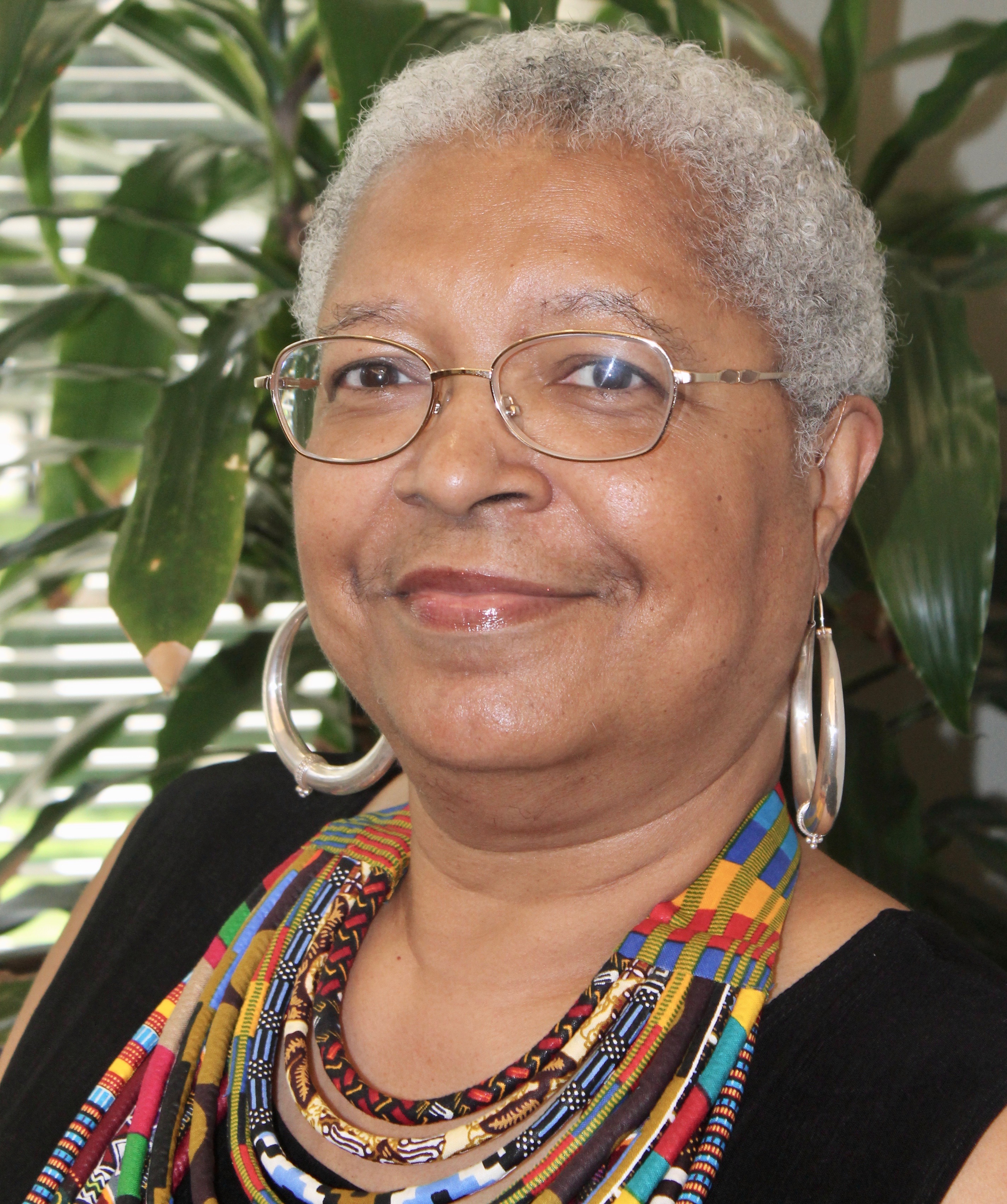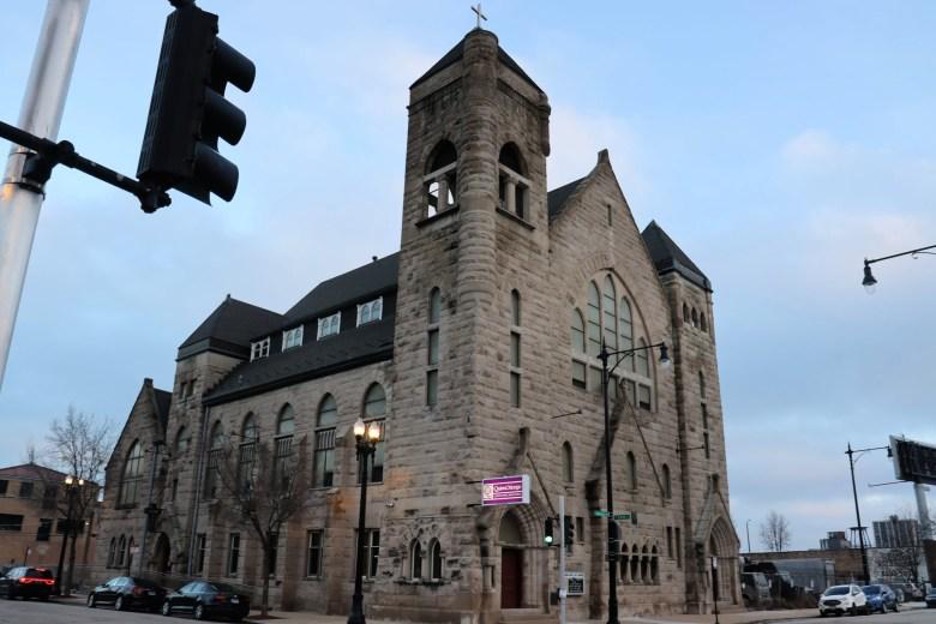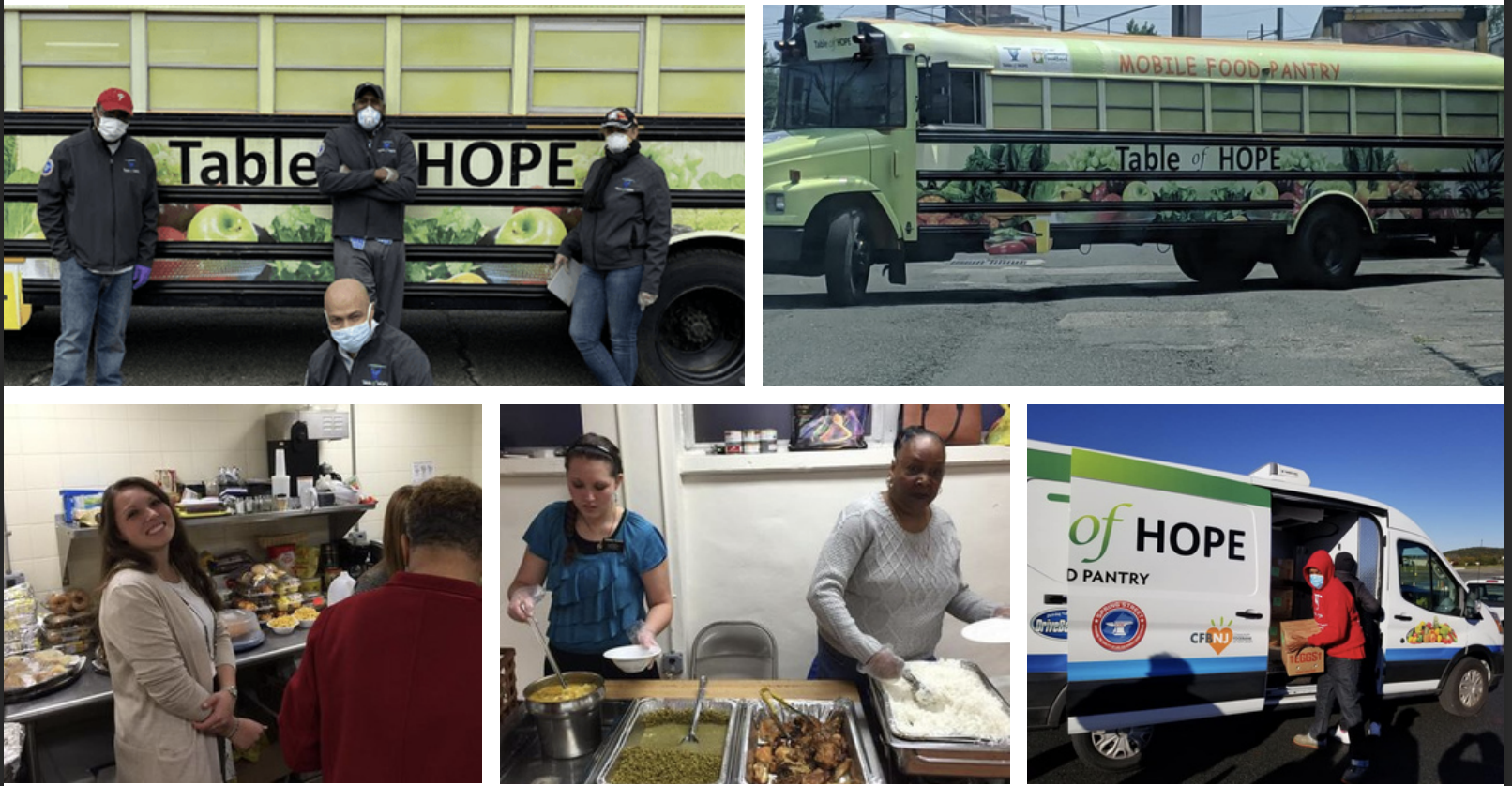The Rev. Dr. Melinda Contreras Byrd, Contributing Writer
You, God, and the New Normal
The Rev. Dr. Melinda Contreras Byrd, Contributing Writer
Well, folks—what we never imagined—happened. What we thought would be over—is not. The lives we used to live—we can no longer live. In so many important ways, everything has changed. However, I intend these fearful truths that follow to be a realistic foundation for offering you health, hope, and a new spiritual, mental and physical life.
James 4:7 teaches that if you “resist the devil, he will flee from you.” The problem is that many of us don’t resist the devil because we are either unaware of his presence or too frightened to admit what we see! Concurrently, I have come to realize, through recent interactions, that many are not willing or able to recognize the psychological challenge—that the pandemic has created a perfect storm of high-level, ongoing stress—in all of us. For example, a June 2020 Center for Disease Control (CDC) survey of adults across the U.S. found that thirty-one percent of respondents reporting symptoms of anxiety or depression, twenty-six percent reporting stress-related symptoms, and eleven percent reporting serious thoughts of suicide. These results are nearly double the rates before the pandemic!
It is important that we accept that we have all been under a heavy and unhealthy amount of stress for almost two years now! There is no way (except a God-appointed miracle just for you) that you will have no symptoms. They do not make you weak, faithless, or mean that God is no longer in control. It’s just God’s “natural order of things.” The dictionary defines “stress” positively as “any environmental or physical pressure that elicits a response from an organism. Usually, stress promotes survival because it forces organisms to adapt to rapidly changing environmental conditions.” You can easily look up yourself the negative consequences of stress.
My point here is that we must all look for and accept our personal reactions to stress as a normal result of all we have been through. Then we must begin a spiritual journey that can deactivate and lessen our symptoms. The psychological can then mix with the spiritual and move us toward times of meditation and reevaluation. In this process, we encounter God in new ways that give us hope, help, and a new vision for the future. It is when we face the underlying fears that often accompany stresses such as those we are enduring that we become assured of God’s promises, experience God’s presence, receive physical and spiritual strength and renewal, a higher level of spiritual discernment and wisdom, and power we could not have imagined.
We are now standing in the new normal. Here are three steps to begin this journey of renewal and healing:
- After reading this, ask God’s help on your journey of wisdom, empowerment, and healing. Then, set aside 15 minutes each day to just sit and allow yourself to think about how you are really doing. God will speak.
- Determine to respond to those problematic areas you uncover. This is the hardest part. Your ego will tell you, “you are OK,” “you’re too strong, or too spiritual,” “ that you have too much of an image in the church to uphold” to ask for help and begin this journey. Nevertheless, make that commitment! Speak it out loud or write it down in order to make it a legitimate agreement between you and God.
- Join with a prayer partner and schedule your meetings for prayer. Then engage a third party to help create tangible interventions. (It is very likely that your pastor is already overwhelmed with all of the added responsibilities created by this pandemic; hopefully, your pastor and friends are already engaging in their own journey).
Break that ego yoke and see a counselor or therapist!
Lastly, here are things that you may be noticing in yourself. They are our “new normal” in the midst of the ongoing stresses of a viral pandemic, increasing racism, and increasing atmospheric threats from global warming:
- Inability to sleep through the night
- Difficulty staying still
- Thoughts of hopelessness/suicide
- Ongoing tiredness
- Forgetting the day of the week or other passing confusion
- Suicidal/the world is ending, thinking
- Lack of desire to socialize—even on Zoom
- Exaggerated responses to noises or news
- Increased anxiety or feelings of panic
- Unexplained sadness and crying
- Increased anger, especially when hearing of instances of racism
- Changes in appetite
- Argumentativeness
- Body aches and pains, muscle tightness/twitching
- Difficulty staying focused, forgetfulness
- Questioning God and your faith
Here are some helpful resources to support your journey:
- Substance Abuse and Mental Health Service Administration (SAMHSA) Disaster Distress Helpline (1-800-985-5990)
- Crisis Text Line (Text HOME to 741741 or https://www.crisistextline.org/)
- Suicide Prevention Lifeline (1-800-273-TALK or https://suicidepreventionlifeline.org/)
- Free Black Therapy, Inc. (www.freeblacktherapy.org)
- Doggett, J. (2021 March). “The best places on the internet for people of color to talk about therapy.” Huffington Post. https://www.huffpost.com/entry/best-places-online-people-of-color-therapy_l_5d3ad936e4b0c31569e9a74d
- Wilson, J. (2020 July). “This is what racial trauma does to the body and brain,” Huffington Post. https://www.huffpost.com/entry/what-racial-trauma-does-body-brain_l_5efa43b1c5b6acab28459220
- TherapyForBlackMen.org (www.therapyforblackmen.org)
- Therapy for Black Girls (www.therapyforblackgirls.org)
- Boris L. Henson Foundation (https://borislhensonfoundation.org/)
- National Queer and Trans Therapists of Color Network (https://nqttcn.com/en/)
- Online Christian Counseling Services (www.betterhelp.com)
- Christian Spiritual Directors (www.soulcareministries.org)
- Need a Quick Stress Reliever? (https://apple.news/A_Ns3KtlfSdqP-i_dZ0lDUw)
- Smith, M. (1977) How I learned to meditate. Logos International.
- Menakem, R. (2017) My grandmother’s hands: racialized trauma and the pathway to mending our hearts and bodies. Central Recovery Press.
- Wise Rowe, S. and Rah, S. (2020) Healing racial trauma: the road to resilience. IVP Books.





